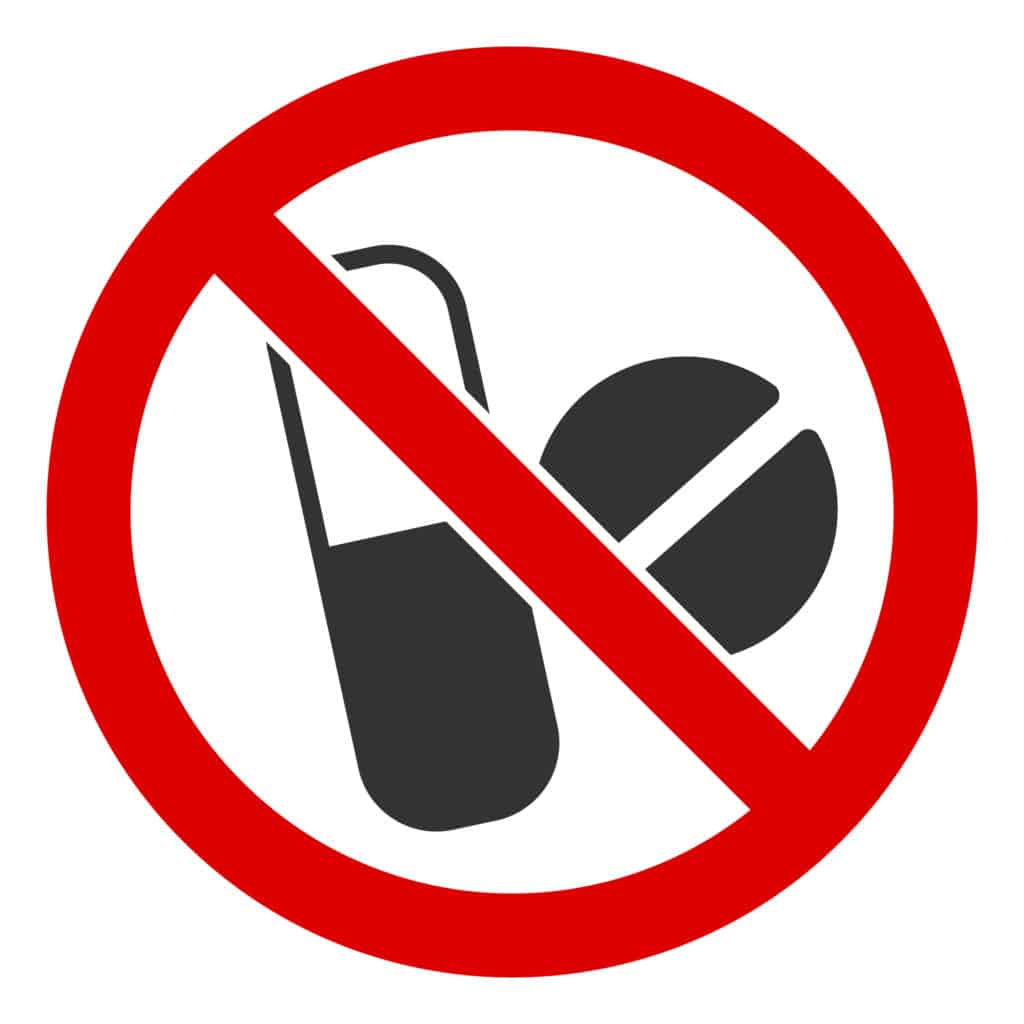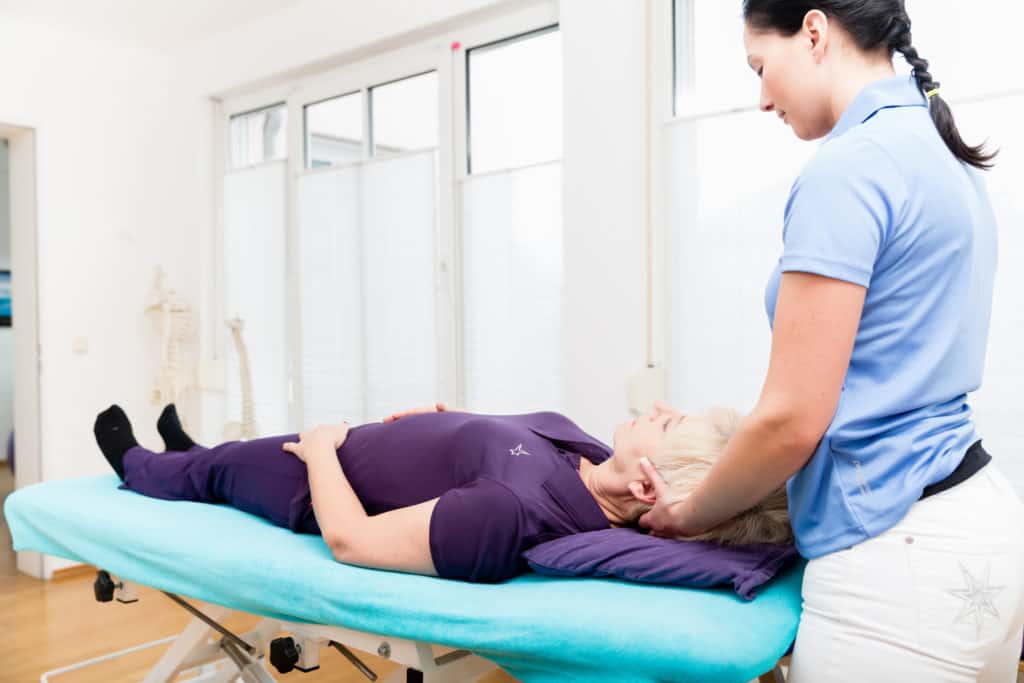
Are you plagued by headaches?
A headache is something that most women experience at some time. Many relate to changing hormone levels in perimenopause and menopause, or the menstrual cycle.
But not always – especially if you have them every day rather than a few times per month.
Many different causes and types of headaches could be at play for you, so please read on to find out which one you might have, what's causing it, and what you can do about it.
More Blogs From Nancy Branberg
What’s Causing My Lower Abdominal Pain?
Can You Prevent Postpartum Preeclampsia?
How Pelvic Organ Prolapse Can Affect Your Relationship
What Are Chronic Headaches?
If you have persistent headaches for a fortnight or more every month for more than three months at a time, we term them chronic headaches.
Chronic headaches can afflict men, women, kids, and adults alike, impacting their daily routines significantly.
We classify chronic or constant headaches using the following terms:
What Are The Symptoms Of Chronic Headaches?

The symptoms of headaches can vary and are subject to whatever the root cause of the headache is in your case (which you need a physical therapist or doctor to diagnose for you).
But they can include the following:What Causes Chronic Headaches?
The root cause of headaches is very much individual.
So you need a physical therapist with experience in headaches to do the detective work for you – because it's impossible to treat and prevent headaches when you don't know the cause.
However, here are a few of the most common causes of chronic headaches that we see in the clinic:
Some of the other less common causes of chronic headaches include:

Treatment Options For Chronic Headaches
Are medications useful for treating chronic headaches?
If you visit your doctor, the most common treatment they prescribe for headaches is ibuprofen or naproxen.
But in most cases, this is not successful long term, and the headaches return as soon as you stop taking the drug.
If your chronic headaches are severe, your doctor may also recommend the following:
Use of medications for seizures like topiramate and gabapentin
Antidepressants like nortriptyline and amitriptyline
Beta-blockers like metoprolol and propranolol
Mood stabilizers like lithium or a calcium channel blocker like Verelan (given to prevent the onset of cluster headaches)
Other medications to prevent migraines and cluster headaches like galcanezumab, eptinezumab, erenumab, rimegepant, fremanezumab, etc
Botox injections
Rebound Headaches And Why You Should Avoid Pain Pills To Treat Headaches

Pain medication is excellent for temporarily relieving pain, which is hugely beneficial after surgery or after acute injury or illness.
However, if you're popping pills every day to treat your headaches, it can become the cause of your headaches. That's right.
The pain medication you're taking to relieve the headache could actually be what's causing you to have persistent headaches or what doctors refer to as rebound or overuse headaches.
Ideally, you shouldn't take pain medication for more than three days a week and have a break of at least seven days before taking any more.
However, we recommend that you don't take them at all if you can help it. Instead, consult a physical therapist who can treat your headaches and prevent them from returning.
Experts believe that chronic or constant headaches result from episodic headaches evolving into persistent ones. The causes for this are not well known, although certain factors are considered responsible for episodic headaches changing to chronic headaches, such as:
Excessive and prolonged use of pain medication
Extremely high levels of stress
Excess intake of caffeine
Poor sleeping habits or disrupted sleep
Alternatives To Medication

Other treatment options are available for chronic headaches that don't include medication. They include:
Traditional talking therapy: Sometimes, if the cause of headaches is stress-related, talking therapy with a mental health professional or therapist can help. It can also help you cope with and develop healthy coping strategies that counteract the mental toll of daily headaches. These sessions may be one-to-one or in a group therapy setting.
Acupuncture: In this procedure, the acupuncturist inserts fine needles into specific body pressure points. But understandably, it's not for everyone.
Nerve stimulation: The nerve stimulation process uses low electrical impulses that stimulate and activate specific nerves. For instance, stimulation of the occipital nerve can benefit you if you suffer migraines. Likewise, stimulating the vagus nerve can be beneficial for cluster headaches.
Massage therapy: Massage therapy can help to relieve stress and tension in the body, which are the primary causes of headaches.
Biofeedback: Involves the use of devices to monitor various functions of the body, like muscle tension, blood pressure, and heart rate.
Supplements: Certain supplements like feverfew can contribute to decreasing the onset of migraines. But consult a professional before starting any supplement routine, especially if you’re taking medication.
How Physical Therapy Stops Daily Headaches

Complementary therapies like massage and acupuncture can be helpful for headaches and help you relax, which is essential when you suffer from chronic pain.
But the most effective treatment to relieve the pain and prevent headaches from returning in the future is physical therapy – starting with the identification of the root cause.
For you, it could be muscle tension, postural misalignment, or something entirely different. But the important thing is that we need to know the cause before treating your headaches and preventing them from returning.
It might seem impossible to you right now. We get it. But once we pinpoint the root cause. It's often a simple fix that we can do over just a few sessions, resulting in the daily headaches you have endured for decades becoming a thing of the past.
Don’t believe it? Book a free consultation now to find out how we can help.


